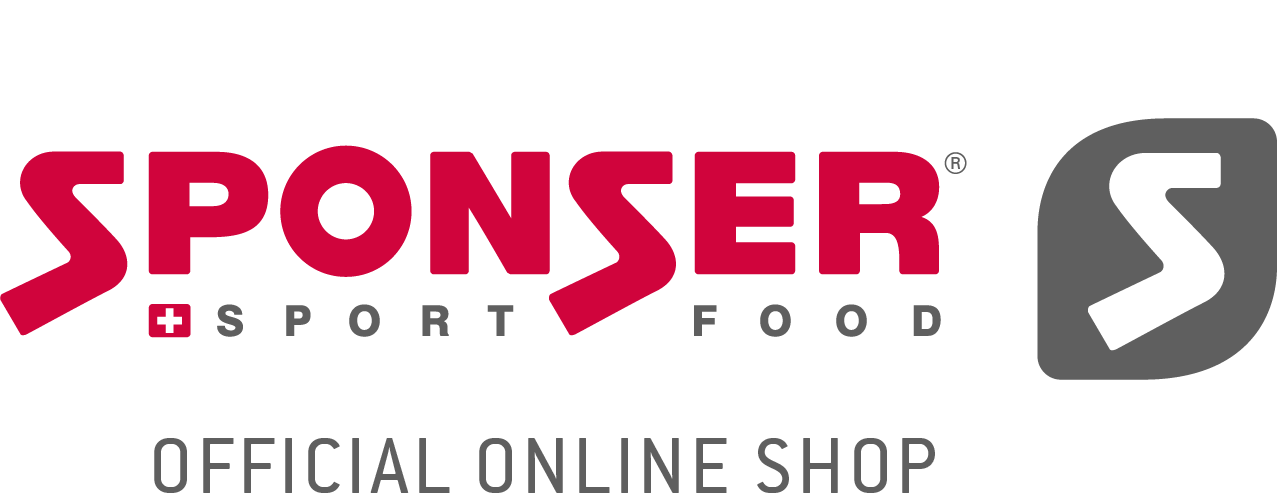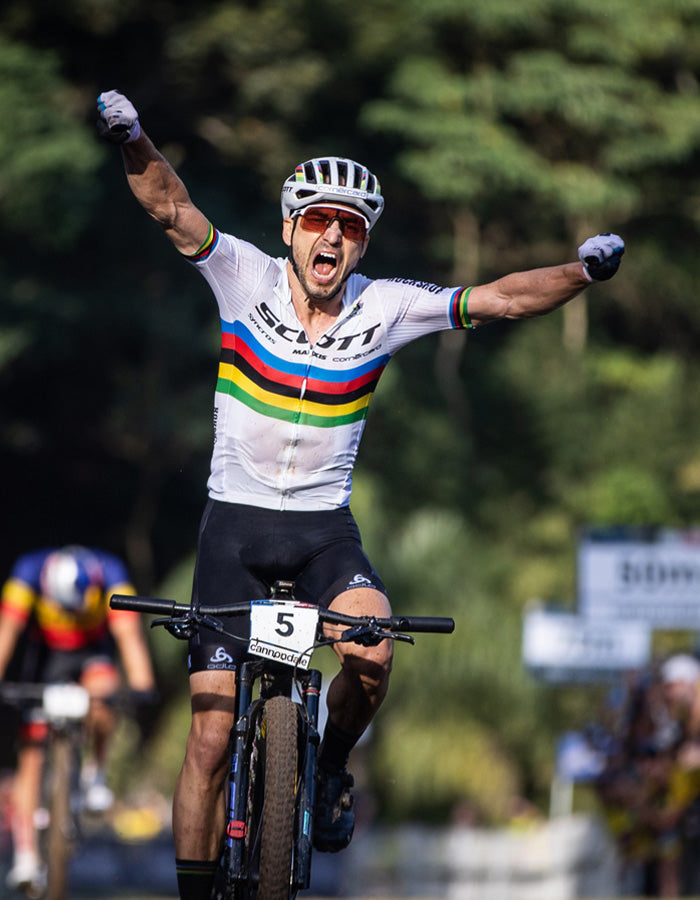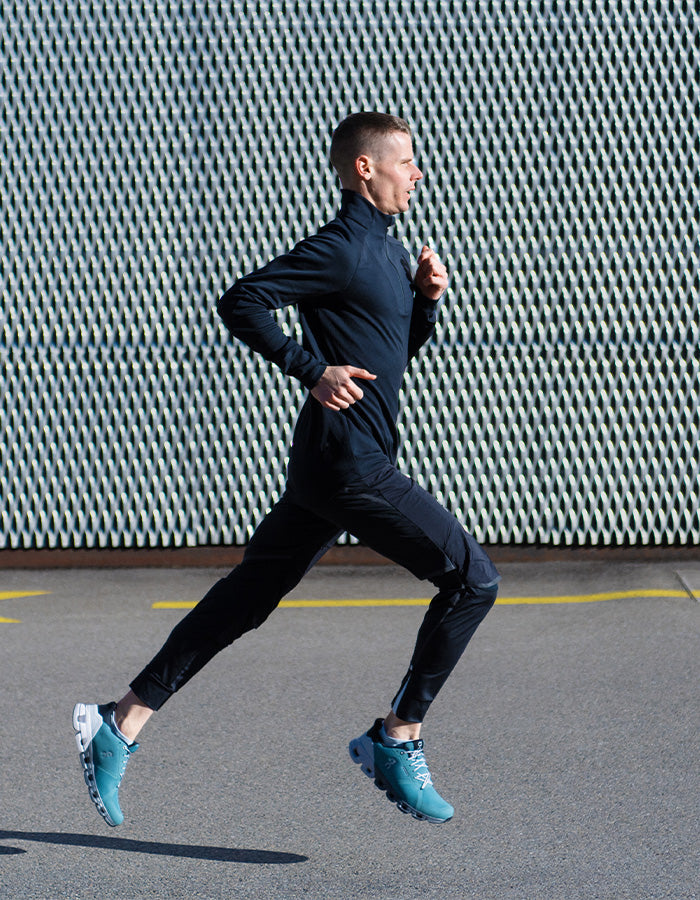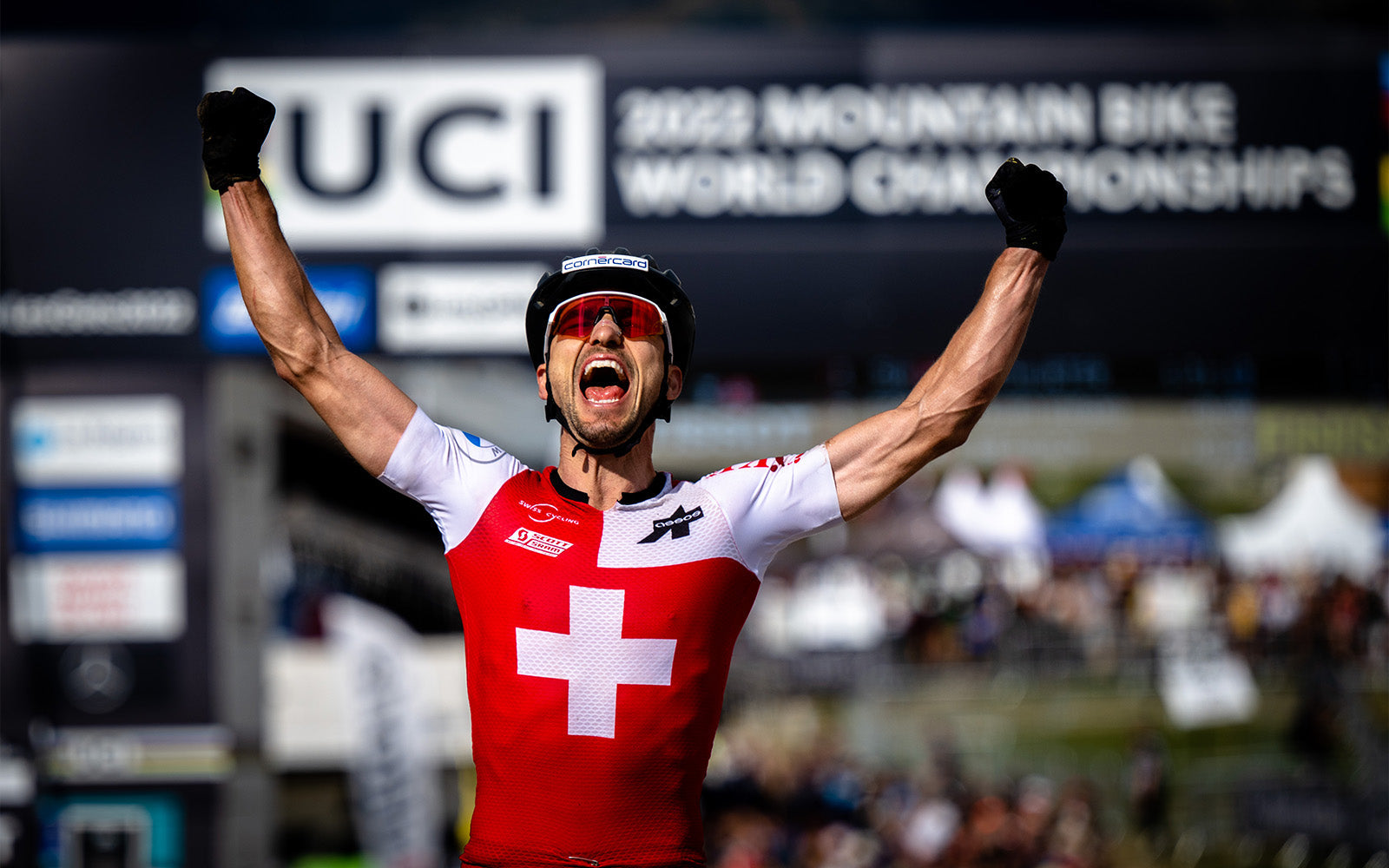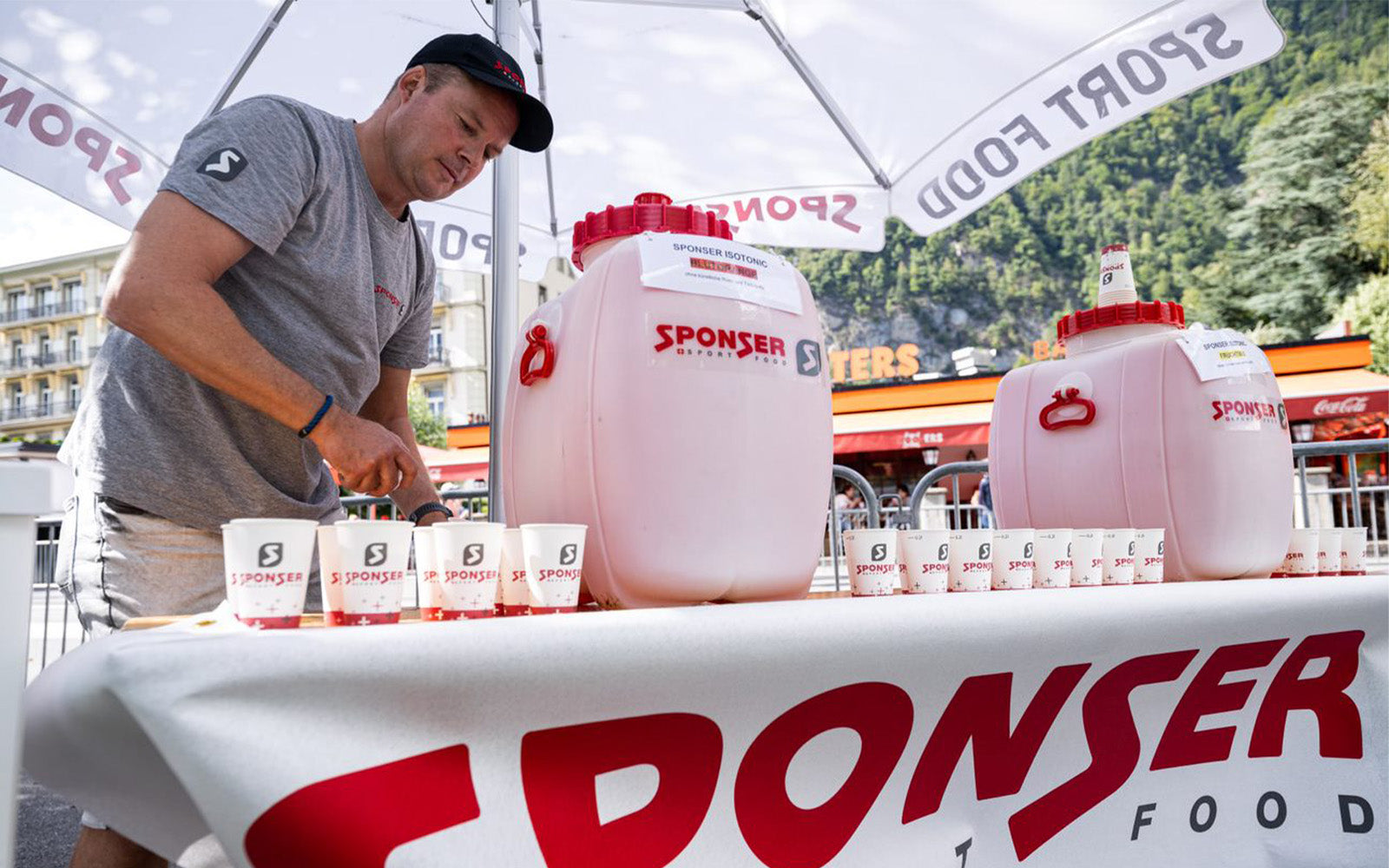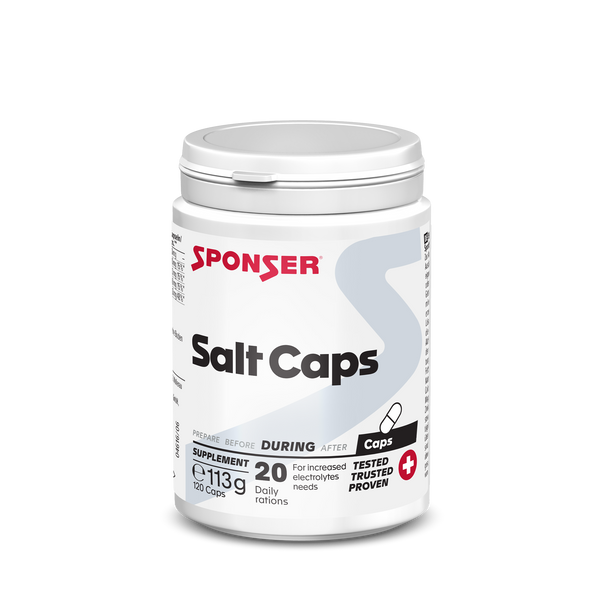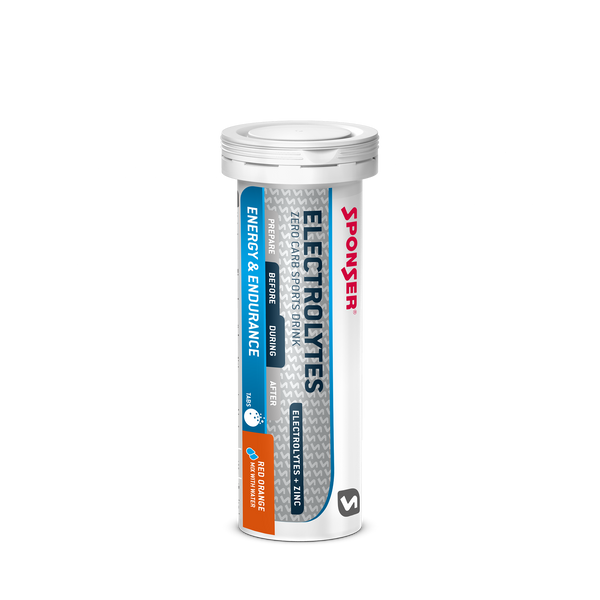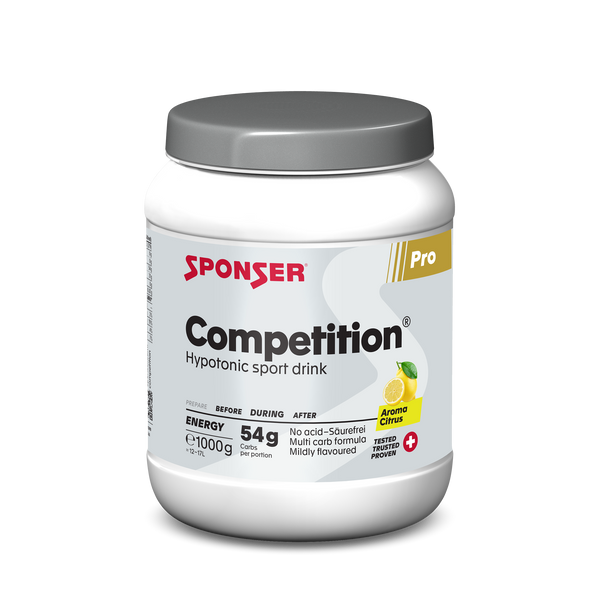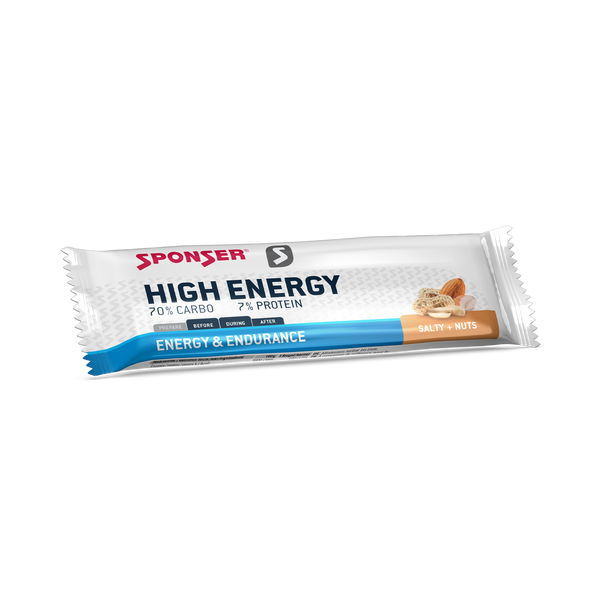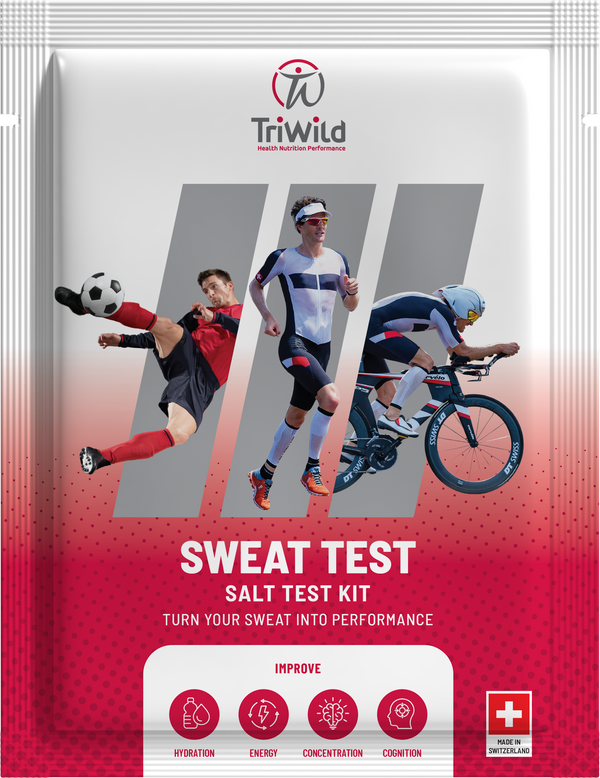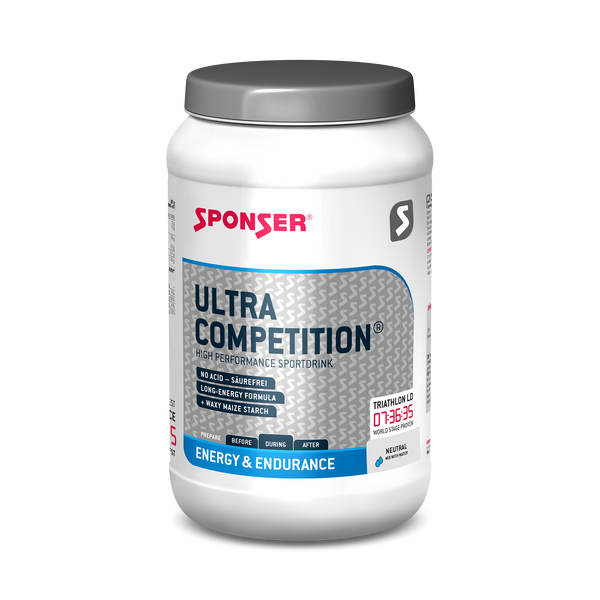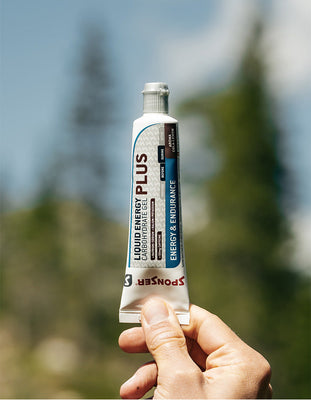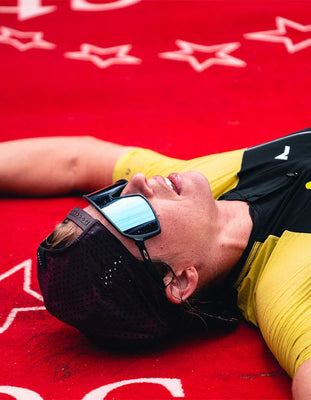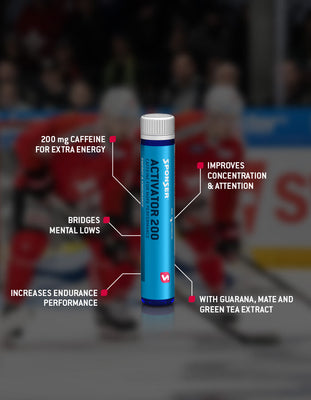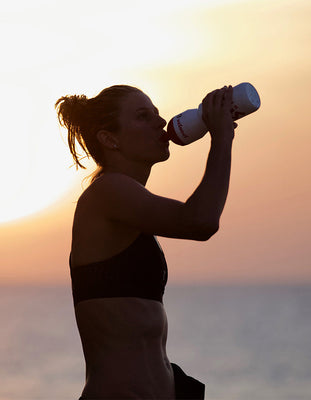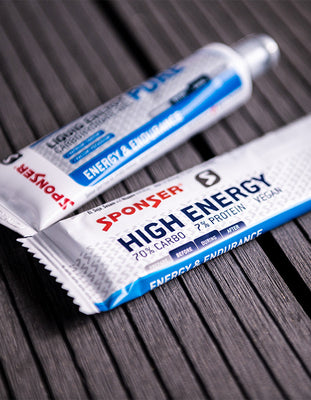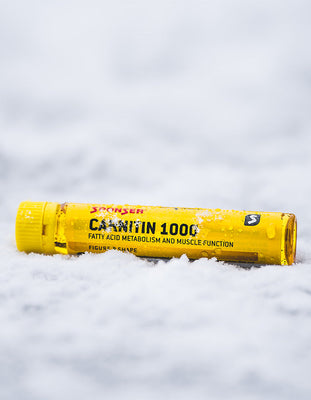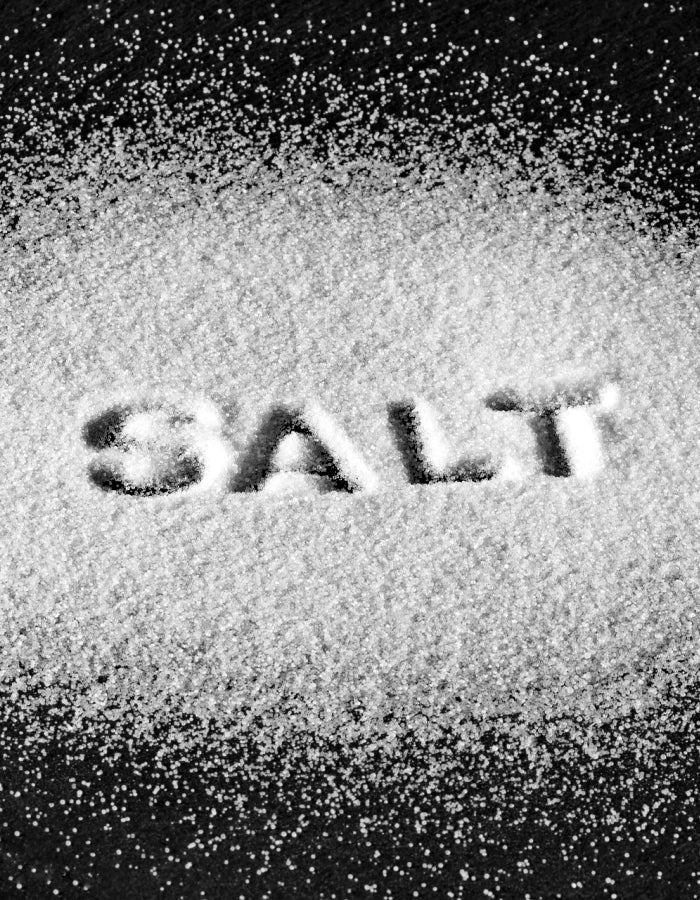
Photo credit: Pixabay
Salt and fluid replacement during physical activity
Salt is considered an important ingredient in sports drinks. On the other hand, health campaigns constantly warn against excessive salt consumption in everyday life. The question therefore arises as to whether the addition of salt or sodium chloride to sports drinks is adequate, useless or even harmful.
Due to its biochemical functions in the body, the addition of sodium is intended to improve fluid and energy absorption, because glucose transport from the intestine into the blood is dependent on sodium. However, it is controversial whether additional sodium from the ingested sports drink makes a difference. On the other hand, evidence shows that taking a sodium solution before exercise (pre-hydration) increases blood plasma volume linearly compared to pure water. (1) The blood becomes, so to speak, thinner. This increased fluid volume can in turn have a performance-enhancing effect, as it optimises blood flow and thus also oxygen and nutrient transport. Pre-hydration with sodium-containing drinks carried out before physical activity can therefore lead to a performance advantage during exercise.
Sodium in a hydration solution, which is taken during or after exercise, also supports sufficient fluid intake or complete rehydration as quickly as possible by not prematurely reducing the feeling of thirst. This is due to the concentration ratio of water and sodium. If only water is taken in a dehydrated state, this causes a «dilution» of the water-sodium ratio, whereby the urge to drink is stopped before complete rehydration is achieved. Pure water also has a greater diuretic effect compared to sodium solution by lowering the hormone vasopressin. This means that more urine will be excreted, which in turn extends the time to complete rehydration of the body and thus the recovery time. (2) No sodium or too little sodium results in a higher urine output and cannot maintain a balanced fluid balance in the long term.
A lack of sodium in drinks or too little fluid intake also promotes muscle cramps. For athletes who are susceptible to cramps, we recommend four to five days of soda loading with LACTAT BUFFER prior to long endurance exertions.
In summary, it can be said that where efficient fluid replacement and/or rapid recovery are the main priorities, drinks with at least 500 mg to 1000 mg sodium per litre are recommended. Soda loading is recommended for persons susceptible to muscle cramping and also before very long endurance strains in the heat (beyond about 3 h duration). Fruit juices are unfavourable because they are hypertonic and contain virtually no sodium. Diluted fruit juice with the addition of table salt may be a more suitable alternative. Ready-to-drink, sodium-containing and hypotonic sports drinks such as COMPETITION® or LONG ENERGY are the ideal solution. SALT CAPS can also be used in addition or alternatively in combination with other drinks. If energy is ingested from sources other than a drink, ELECTROLYTE TABS effervescent tablets can also be used.
For example, 80 g COMPETITION® (750-1000 ml) plus one SALT CAPS provide about 565 mg sodium and an energy requirement of about one hour. Another combination could be a 60 g COMPETITION® plus one HIGH ENERGY BAR (Salty+Nuts) per hour, which together gives 550 mg sodium.
Tip: determine your individual salt or sodium loss in sweat with SWEAT PACK
Electrolytes, and in particular sodium as an important component of salt, influence energy levels, hydration, cramp susceptibility, heart and brain function and have a preventive effect on hyponatremia. Particularly during prolonged exercise over several hours, it is important to adequately replace your salt and sodium loss in order to prevent performance decline. SPONSER® deems the rapid progress in measuring individual sweat and salt losses as a relevant topic for sports nutrition due to the strongly varying individual values. A sweat analysis with the
SWEAT PACK test kit can be an interesting and potentially performance-enhancing tool for competitive athletes.
Related articles
on
» fluids
on
» sport drinks
shop
» energy & endurance
Literature
1)
Mora-Rodriguez/Hamouti (2012): Salt and fluid loading: effects on blood volume and exercise performance. Med Sport Sci. 2012;59:113-119.
2)
Shirreffs/Maughan (1998): Volume repletion after exercise-induced volume depletion in humans: replacement of water and sodium losses. Am J Physiol. 1998 May;274(5):F868-75.
Author: Remo Jutzeler
Head R&D SPONSER SPORT FOOD
Ing. Applied Food Sciences UAS
MAS Nutrition & Health ETHZ
